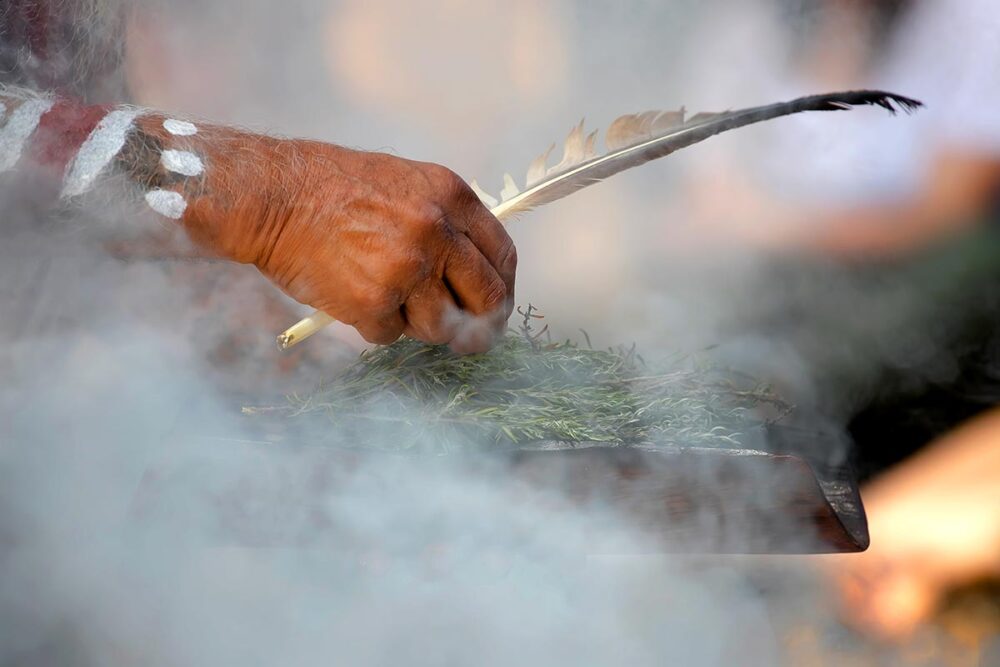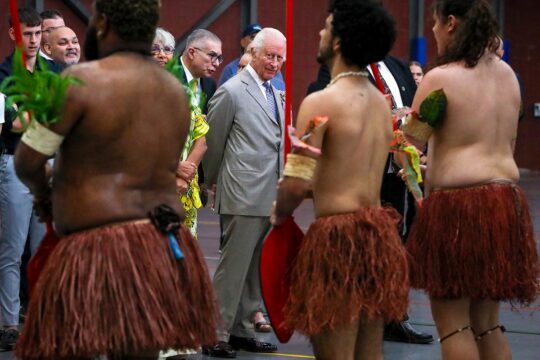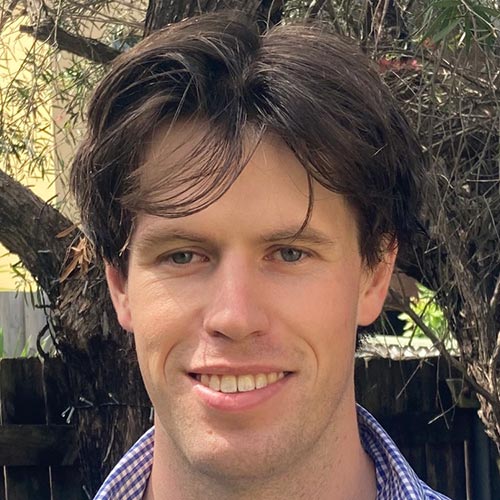Transitional justice in Australia has faced a turbulent eighteen months: a comprehensive defeat in the Voice to Parliament referendum (which was to grant special representation rights to Indigenous peoples); the abandonment of plans for a national truth-telling inquiry; and delays, inaction and resignations at Victoria’s Yoorrook Commission.
The latest blow was dealt in November, when Queensland’s nascent Truth-Telling and Healing Inquiry, in the north-eastern part of Australia, was shut down by the state’s new conservative government.
But amid the confusion over the status of the inquiry, a new model for transitional justice briefly emerged, as Indigenous communities elected to continue with their own truth-telling sessions after those organised by the official inquiry were cancelled.
Queensland’s Healing Inquiry had been designed as the first step on the path towards a Treaty between Indigenous people and the state government, replicating similar frameworks established by jurisdictions across the country. In a similar format to Victoria’s Yoorrook Commission (south-east of the country), the Inquiry held its first hearings in September last year, in which government ministers were asked to account for injustices perpetrated and perpetuated against Indigenous Queenslanders by their departments.
The Inquiry’s chair, indigenous barrister Joshua Creamer, said its purpose was to “establish an authoritative public record about the past and its consequences; to enable an honest conversation about the past and what has been done, and what we want for the future; and in doing so, to assist in the process of healing”.
Early promises before the backlash
At that first hearing, seven government officials acknowledged past policies that had caused significant and ongoing harm to the state’s Indigenous people. The Commissioner of the Queensland Police acknowledged the crimes of the Native Police – a paramilitary organisation estimated by historians to have killed tens of thousands of Indigenous people in the 19th century.
A second hearing sought testimony from elders about living under the ‘Protection Acts’, in which Indigenous families were forced to live on religious or government controlled missions, and children were often forcibly removed from their families and taken to non-Indigenous households.
In its first 100 days, the Inquiry said, it held more than 60 community engagements across Queensland to raise awareness and prepare for holding on-country hearings. But as representatives of the Inquiry were travelling across the state, an election campaign was nearing its end. The state’s long-term Labor government – which set up the Inquiry, and whose federal counterparts had championed transitional justice efforts prior to the referendum – was set to be replaced by the conservative opposition.
Despite previously supporting the Inquiry’s mission, the conservative leader David Crisafuli now vowed to terminate it. What had once, in his own words, been “a catalyst for materially improving lives … and outline a better way forward for Indigenous communities” was now something which “will lead to greater division, not reconciliation”.
A key commitment is reversed in Victoria
After a conservative victory in the October election, the Inquiry paused its schedule and was told by the new government that its enabling legislation would be repealed. Creamer described it at the time as “a lost opportunity for the state … this is the last generation living to share that evidence and when they’re gone that will be lost … people are literally dying before they have the opportunity to share their story”.
The suspension meant long-awaited truth-telling hearings in Indigenous communities were cancelled at short notice. The Inquiry vowed to work amid confusion over the government’s intentions. But the end was dealt swiftly – on the first day of the new parliament, at the end of November, the legislation governing the Inquiry was repealed, thus ending the state’s first attempt at substantive transitional justice after just five months of operation.
The wholesale cancellation of formal truth-telling efforts in Queensland is the most dramatic example of the retreating tide of transitional justice in Australia. But other jurisdictions have also walked back commitments under short-term political pressure.
In Victoria – now the only jurisdiction with a formal transitional justice mechanism – the government backed out of a pledge to increase the minimum age of criminal responsibility to 14. It was a key commitment made in response to recommendations from the Yoorrook Commission, but was reversed as the government took political damage over coverage of youth crime. Eleanor Bourke, the Commission’s Chair, said the decision was “so contrary to the evidence it is difficult to comprehend” and would bring a “tsunami of disappointment” to Indigenous communities.
Cherbourg fights back
In Queensland, however, not everybody resigned themselves to the backlash. At Cherbourg – which was established as a reserve under the ‘Protection Act’ and whose population is 97 per cent indigenous – the community opted to organise its own truth-telling session. In this town located 250 km from Brisbane, about 200 people gathered in late November to hear stories of growing up under the Act, including the loss of identity and culture that came with forced removal from families, and confinement to so-called Aboriginal reserves.
At the ceremony, which was held in public, Cherbourg mayor Bruce Simpson told local news that the public, self-organised hearing was an opportunity to reclaim the community’s history from the government.
“This is our truth. These are our stories … We want to make it self-determining, and politics doesn’t govern our truth,” he said.







